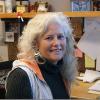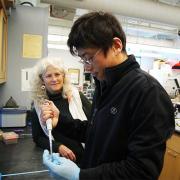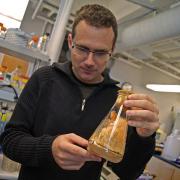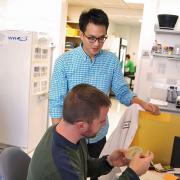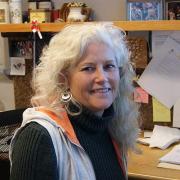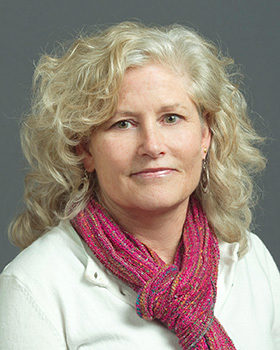
We're based in the Department of Plant & Microbial Biology at the University of California, Berkeley. Our lab is interested in cell specialization, communication and nonself recognition, all crucial mechanisms in microbial organisms such as filamentous fungi.
Some of our research interests are focused on understanding the signaling mechanisms that mediate cell fusion and the nonself recognition mechanisms that occur before and after fusion. The experimental tractability and availability of a large number of mutants in the filamentous fungus Neurospora crassa makes it a superb system to delineate both fungal-specific and general mechanisms of cell communication and nonself recognition.
We use a combination of molecular biology, genetics, cell biology, genomics and bioinformatics to investigate these subjects. Recently we have begun to study how plant cell wall degradation is orchestrated by fungi, and how fungal enzymes are secreted. Our long term goal for this project is to significantly improve the efficiency of plant biomass degradation by fungi. Neurospora crassa is a model cellulolytic fungus, thus we are also using this species for these studies.



